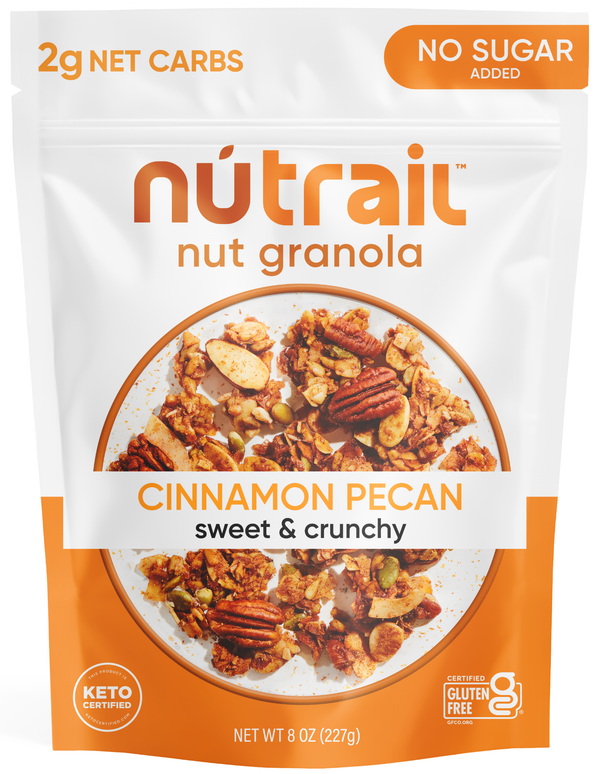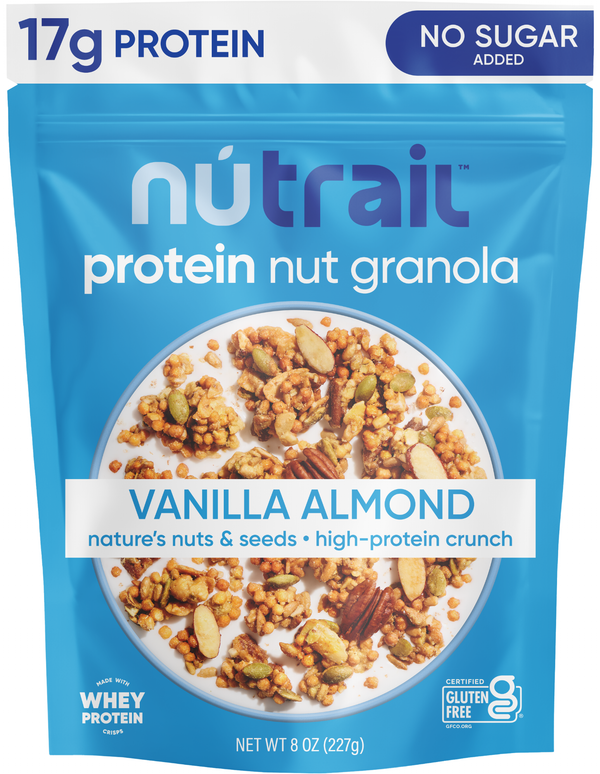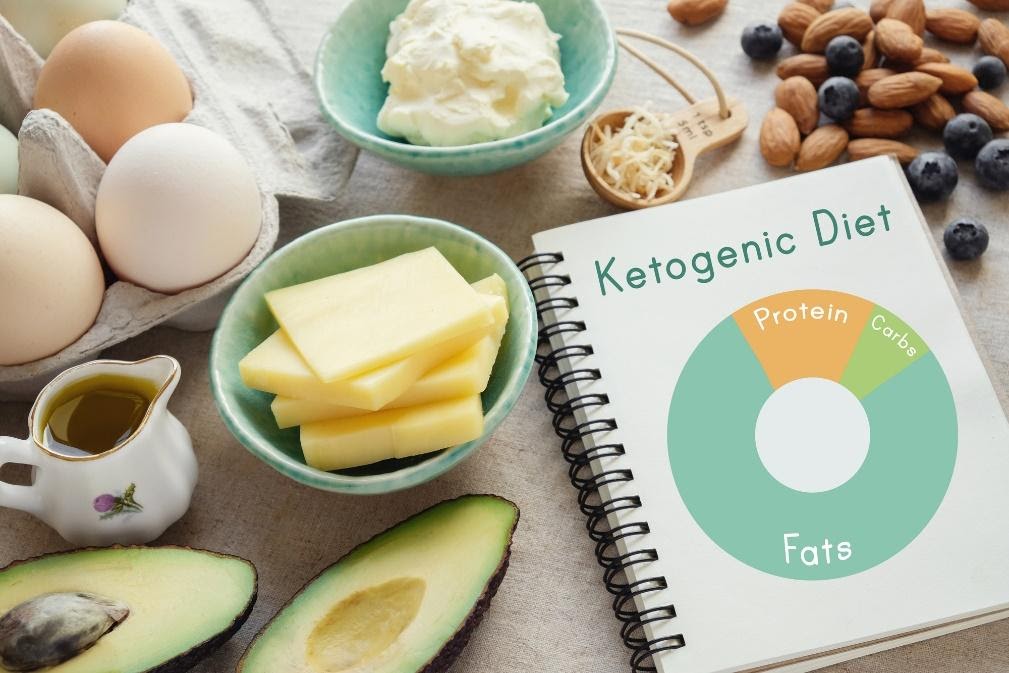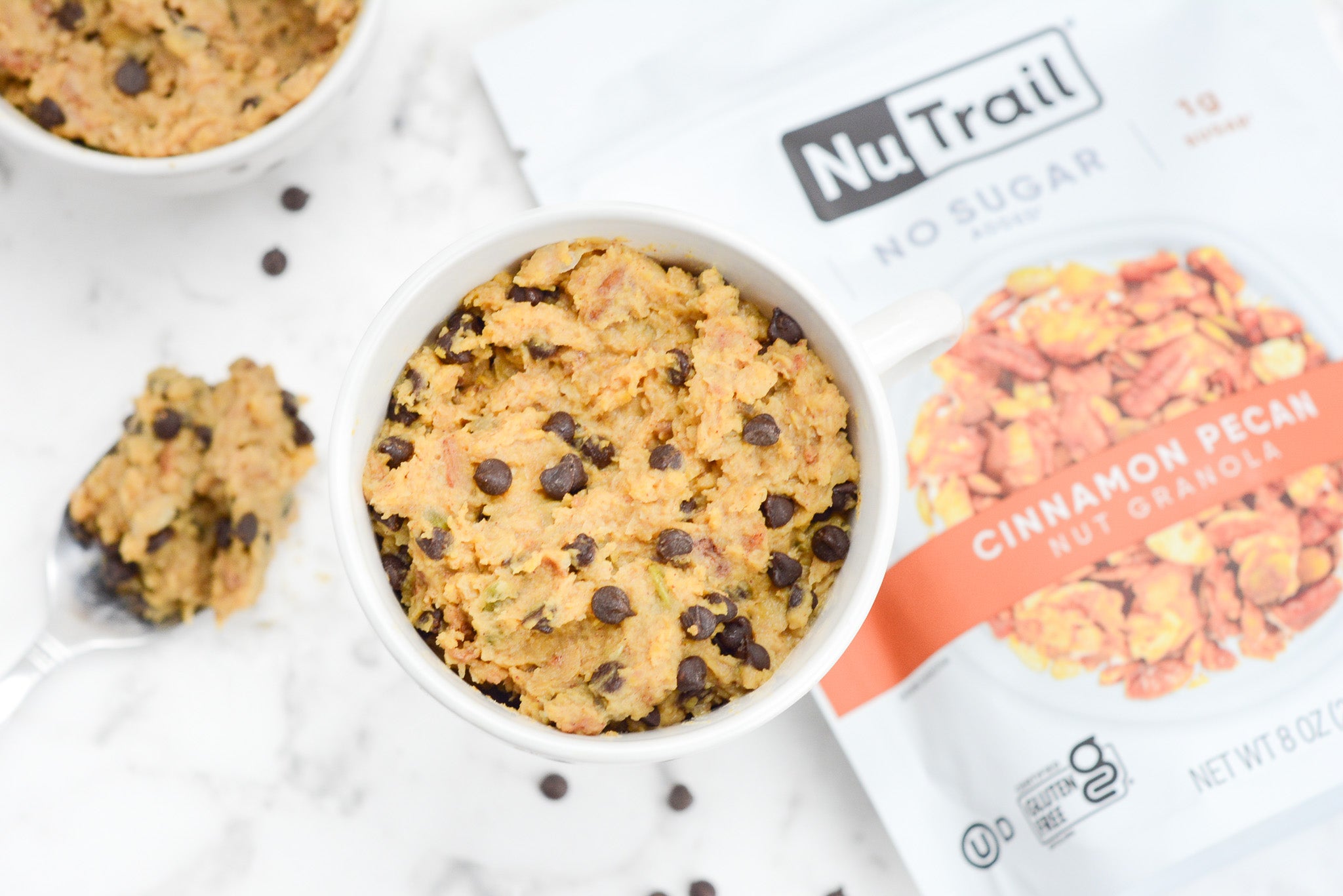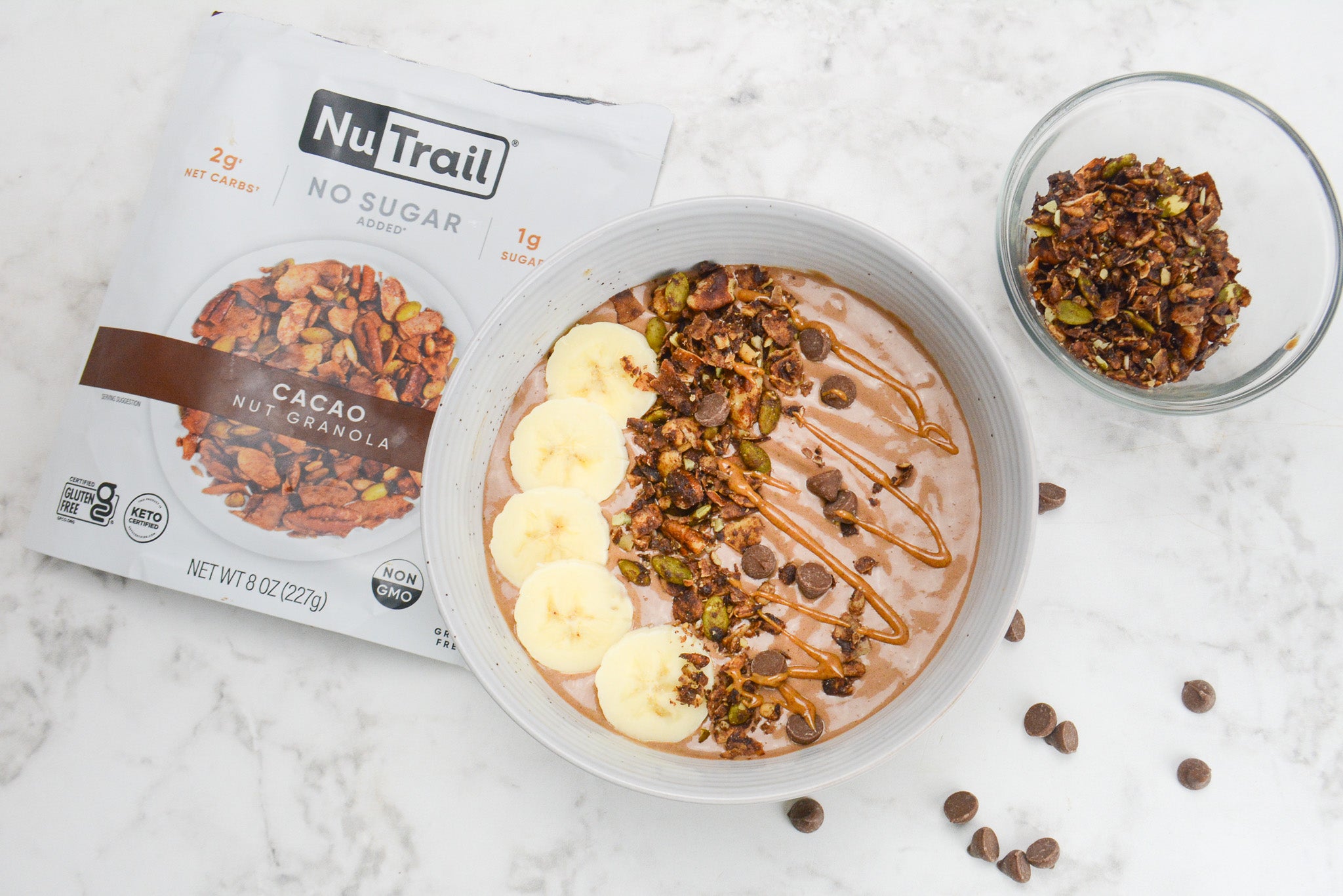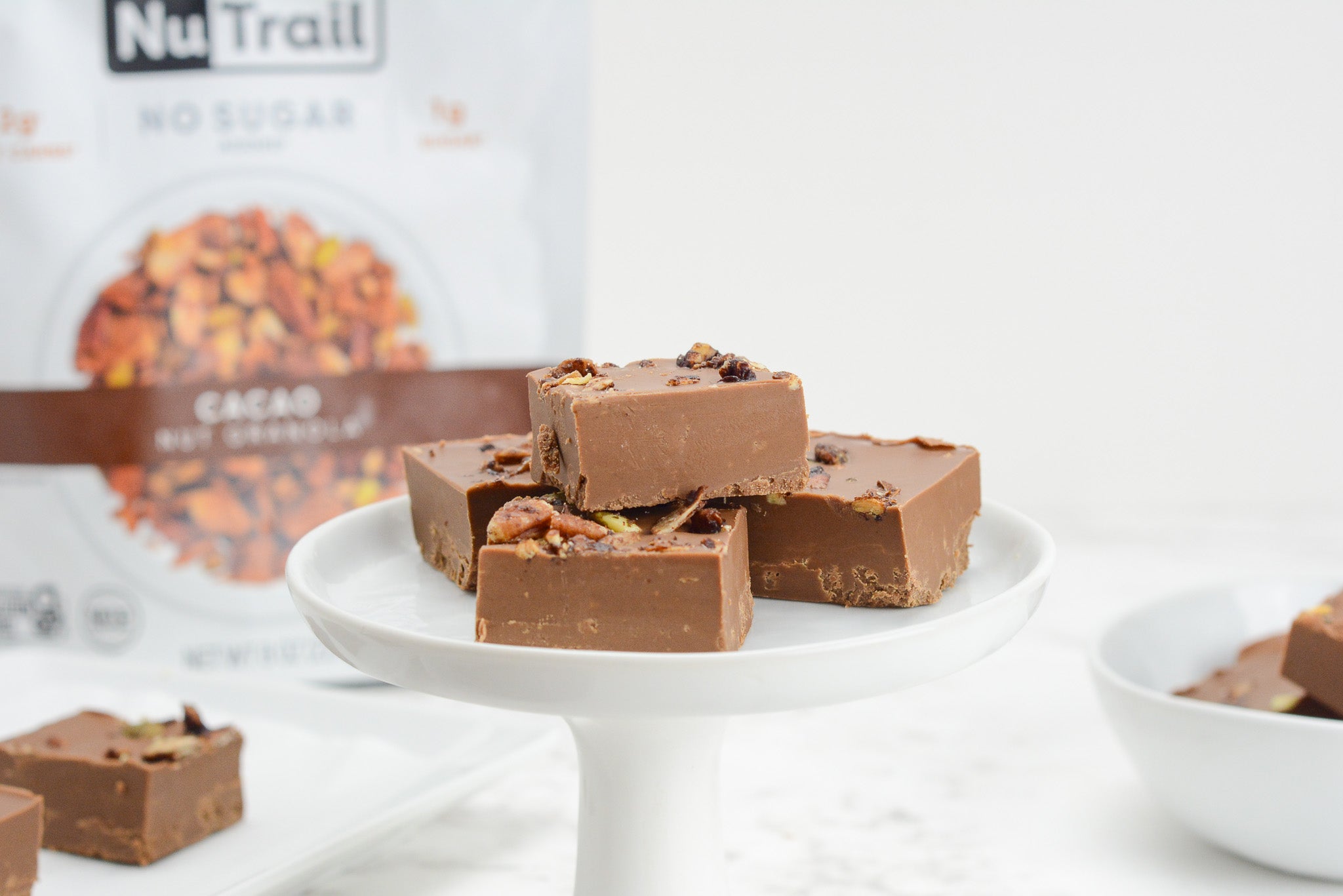Is the keto diet not working for you? It can be frustrating to follow a new diet and not see the results that you expect, especially when it has plainly changed the lives of many.
The ketogenic diet has fast become one of the most effective weight loss methods, but it requires patience and precision. Read on to learn common mistakes that could be hindering your progress.
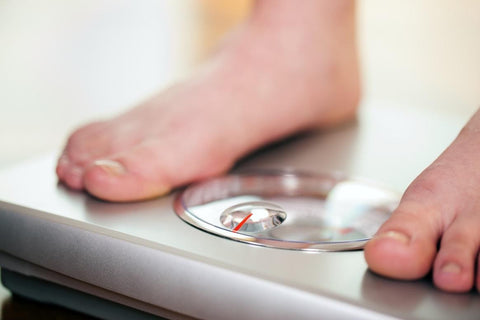
After hearing rave reviews about the Ketogenic diet and the amazing weight loss stories associated with it, you decided to give it a chance.
However, despite your efforts and following all the steps, you’re just not losing weight.
If you’re struggling to achieve the results you expected on the Keto diet, or if your progress has been dormant, don’t give up! Our responses to this diet are individualized and not created equal, and sometimes it requires a bit of trial and error to get it right.
To figure out why you’re not losing weight, you may choose to make small adjustments to your approach to determine which factors will get you on the right track.
But first…
What is the Keto Diet?
The ketogenic diet is known for its low carbohydrate, high fat, and moderate protein guidelines.
Yes, you read that right… high fat, which, as we know, seems to contradict most dietary advice you find online.
In fact, it is recommended that as much as 70% to 80% of your total daily calories should consist of fat, with just 10–20% protein, and 5–10% carbohydrates.
The purpose of these seemingly unusual ratios is to force your body to stop burning glucose from carbohydrates for energy and instead burn ketones from fat.
This is called entering Ketosis, which is an excellent way to rid yourself of belly fat, the healthy way.
However, it’s essential to understand that entering Ketosis does not, by default, guarantee weight loss. Rather, low-carb diets, in general, support weight loss because body fat is used as a source of energy.

NUTRAIL — Keto Granola, Biscuits, Bread and Baking Mixes
Why Am I Not Losing Weight on Keto?
As with any diet, it is natural to want to see results and quickly. Keto is admittedly a more complicated diet to follow, requiring that you pay close attention to your macros or risk stagnation or weight gain rather than weight loss.
If you have been following the Keto diet for some time, and have either plateaued or not experienced body fat reduction, take a step back and scrutinize your approach to understand “the why.”
Here are some simple keto diet mistakes that could be throwing off your progress:
1. You’re Consuming Too Many Calories
To lose weight, you must be in a calorie deficit, either by way of expending more calories through physical activity or decreasing the calories you consume. This is true regardless of the kind of diet you try.
While the Ketogenic diet is not a calorie-counting or point-tracking diet, you must still be cognizant of what you’re putting into your body and how much.
Otherwise, you run the risk of overconsuming without even realizing it. And if you’re overconsuming, there is no question why you aren’t losing weight.
On Keto, it is quite possible to eat too many calories without meaning to, considering it requires that you consume more fat, which is calorie-dense. Because of this, it’s essential that you pay mind to what you are eating and your portion sizes.
For example, while nuts are high in fat and a great snack on Keto, they are easy to overeat due to the average serving size being much smaller than most are satisfied with.
Even though high-fat foods are more filling and do tend to leave people feeling more satiated than they would with low-fat foods, overeating will delay progress.
2. Your Carbs Are Still Too High
The keto diet demands that you reduce your carbohydrate consumption dramatically.
We’re not just talking about cutting back on your potato chip addiction or limiting pasta night to once a week; no, your carb intake should be limited to 50 grams per day at most. Which, truth be told, doesn’t leave much wiggle room.
The problem is that many people don’t realize just how many carbs are in everyday foods, quickly putting themselves over that 50-gram threshold by breakfast. And, when you’re consuming too many carbs, you won’t reach Ketosis, and thus, lose weight.
Keep in mind that while there are some obvious sources of carbs that you will quickly remove from your diet, there are other less conspicuous foods that could be hindering your progress.
Foods such as starchy vegetables, most fruits, and legumes are essential in most diets but aren’t necessarily Keto-friendly because they can quickly use up your carb allowance if you aren’t tracking carefully.
While these nutrient-rich foods aren’t necessarily discouraged, they do require that you pay mind to their carb count.
3. You’re Not Sleeping Enough
Sleep is a massive factor in our overall health and weight loss potential. Our bodies don’t just like sleep; they require it.

Getting enough sleep is critical for balancing your hormones, particularly those that signal hunger. If you aren’t sleeping consistently, your ghrelin and leptin hormones may be imbalanced.
Ghrelin makes you feel hungry, and leptin makes you feel full. When you aren’t sleeping enough, ghrelin increases and leptin decreases, causing you to eat more than you would have if these hormones were balanced.
If you’re not getting good sleep on a regular basis, consider practicing yoga, meditation, and mindfulness exercises. And, if you aren’t already exercising regularly, you may consider incorporating more physical activity, which can help you sleep at night.
4. Your Expectations Are Unrealistic
Anything worthwhile and long-lasting takes time, and that includes achieving a healthy and happy body. However, when it comes to weight loss, there isn’t one clear path.
If you believe that the Keto diet isn’t working for you, you may have unrealistic weight-loss expectations. While it is natural to want instant or fast results, it isn’t practical.
Following the Ketogenic diet can lead to loss of fat, but it won’t happen overnight, nor are you likely to see rapid results. Consistency and patience are key, as this is a complete lifestyle adjustment.
5. You’re Eating Too Much Protein
The key to Ketosis is to burn ketones rather than glucose. When you digest protein, your body converts some of it to glucose.
Therefore, if you are consuming too much protein, you are prohibiting your body from entering Ketosis.

While you don’t need to shy away from protein, you should keep track of how much you are eating on a daily basis to see if you are crossing that 10–20% threshold.
You may consider replacing your protein source with something that kills two birds with one stone — proteins that are also a good source of fat, such as salmon or fatty cuts of beef.
6. You’re Nearing Your Goal Weight
Perhaps the Keto diet has already worked for you in that you’ve lost weight but are now plateauing. Remember that the closer you are to your target weight, the harder it will be to lose fat.
This is, of course, dependent on where you started and how much you need to lose. No weight loss journey is created equal.
For example, someone who is obese will have a much easier time losing the initial fat because of the drastic lifestyle change, while someone who is fairly trim but looking to lose just a small amount of weight is already healthy and may find more difficulty losing weight.
NUTRAIL — Keto Granola, Biscuits, Bread and Baking Mixes
7. You Have a Prohibitive Medical Condition
If you’re not losing weight on Keto, and you have ruled out more obvious factors, you could have an undiagnosed medical condition that makes weight loss more difficult.
Conditions such as depression, hypothyroidism, and PCOS can all cause weight gain and make weight loss more difficult. Underlying medical conditions may be cause for a bevy of health and lifestyle issues.
If you suspect that your struggle with the Keto diet may be the cause of a chronic condition, consult a doctor.
8. You’re Overeating Fatty Foods
This falls in the same realm as eating too many calories without realizing it. It’s quite common for new Keto dieters to overdo it with their fat consumption, thinking that they can eat all the fat they want because, well, you said high fat, right?
Let’s not forget that the 70–80% we discussed is not equivalent to 100%.
Fat has more calories than proteins or carbohydrates. Carbs provide 4 calories per gram, protein provides 4 calories per gram, and fat provides more than double, at 9 calories per gram.
So, while adjusting your diet to reflect a higher fat content, you must be mindful of what that equates to from a calorie perspective. However, as mentioned, overall calorie intake varies from person to person — there is no one size fits all diet plan.
If you are consuming the incorrect amount of calories for your age, height, weight, body fat percentage, and activity level, you won’t achieve your weight loss goals.
9. You’re Feeling Stressed
Diet and exercise are not the only factors in weight loss. Like sleep and underlying medical conditions, stress can play a major role in whether the Keto diet is a success for you.

When you are stressed out physically or emotionally, your cortisol hormone (the “stress hormone”) spikes. When you enter fight-or-flight mode or are experiencing pressure, the cortisol hormone responds by storing fat, particularly around your midsection, and retains water. This can be a consequence of anxiety, work, lack of sleep, anything that negatively triggers your mental state. So, when your cortisol levels are high, you will have trouble losing weight, regardless of your diet.
10. You’re Not in Ketosis
If you’re not losing weight on Keto, a simple answer may be that you’re not in Ketosis. If you’re not in Ketosis, your body is still using glucose for energy rather than ketones.
Unless you religiously track your food intake, it’s difficult to know whether your body has reached this stage. And, even then, you can’t truly know your ketone levels without taking a test.
You can check your Ketosis state by way of urine strips or blood tests conducted by a physician. Blood tests will reap the most accurate results.
The Ketogenic diet is an incredibly effective weight loss tool, though it should be practiced in conjunction with other healthy lifestyle changes.
Because of the intricacies behind this diet, it will likely take some time before you get it right, particularly because our responses to such a diet are based on our personal biology, metabolism, and overall health!
Don’t be discouraged. If you are just starting a low-carb diet, it may take some time for your body to adjust, so don’t give up too soon!
NuTrail — Keto Granola, Biscuits, Bread and Baking Mixes
Join our Keto Community on Instagram & Facebook.
Sign up for NuTrail emails.

